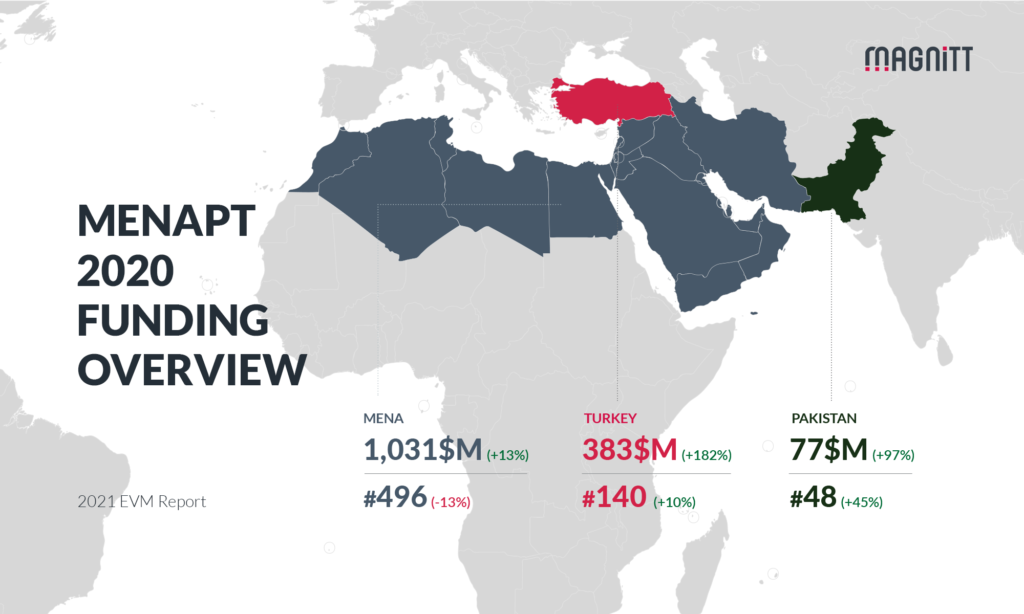Algeria, traditionally known for its rich history and vast natural resources, is increasingly being recognized as a burgeoning “start-up nation.” This North African country, with a young and tech-savvy population, is making strides towards establishing itself as a hub for innovation and entrepreneurship, aiming to leave a significant footprint on the global digital economy.
The Current Landscape
Algeria’s start-up ecosystem is still in its nascent stages, yet it shows immense promise. The government, realizing the potential of digital transformation, has been instrumental in fostering a conducive environment for start-ups. Initiatives like the National Startup Fund, established to finance innovative projects, and the implementation of the “Start-up Act,” which provides legal and financial support to young entrepreneurs, are pivotal in this journey.
The country’s youthful demographic is a key asset. With over 70% of the population under the age of 30, Algeria boasts a large, dynamic workforce eager to embrace new technologies and innovation. This demographic dividend, combined with increasing internet penetration and mobile usage, sets the stage for a thriving digital economy.
Innovative Projects and Sectors
Algerian start-ups are making waves across various sectors. In tech, there are burgeoning developments in AI, fintech, e-commerce, and renewable energy technologies. Notable examples include TemTem, a successful ride-hailing app, and Djazair Ta3mal, an online platform helping Algerians enhance their employability.
The agricultural sector, integral to the Algerian economy, is also seeing a digital overhaul. Start-ups are leveraging technology to improve agricultural productivity and sustainability, addressing challenges such as water scarcity and food security.
The Future Outlook
The future looks bright for Algeria’s “start-up nation” vision. The government’s increasing focus on digitization and economic diversification, away from oil dependency, signals a commitment to nurturing the start-up ecosystem. Moreover, the growing interest from international investors and venture capitalists in African tech start-ups could bode well for Algeria.
Advantages and Opportunities
Algeria’s strategic location as a gateway between Africa and Europe, combined with its large, young, and increasingly well-educated workforce, presents significant advantages. The country’s rich cultural heritage and diverse landscapes also offer untapped potential in sectors like tourism and cultural industries.
Furthermore, the government’s push towards enhancing digital infrastructure and the gradual shift in societal attitudes towards entrepreneurship are creating a fertile ground for innovation and business growth.

Challenges and Problems
However, the journey is not without its challenges. Bureaucracy, regulatory hurdles, and limited access to funding remain significant obstacles for many start-ups. Additionally, while the government has shown support, more consistent policies and effective implementation are needed to sustain long-term growth.
The education system, though improving, still needs to align more closely with the evolving demands of the digital economy. Bridging the skills gap and fostering a culture of innovation and critical thinking is crucial for the sustainable development of the start-up ecosystem.
Not Just a Dream but an Evolving Reality
Algeria’s aspirations to become a “start-up nation” reflect a bold and forward-thinking approach to economic development. While there are challenges to overcome, the country’s advantages, such as its young population, strategic location, and evolving digital landscape, provide a strong foundation for growth. With continued government support, international collaboration, and an emphasis on education and skills development, Algeria is well-positioned to realize its aspirations on the global stage. The nation’s journey towards becoming a hub of innovation and entrepreneurship is not just a dream but an evolving reality, paving the way for a vibrant and diversified economy.
Photos : israelvalley.com / jeuneafrique.com




